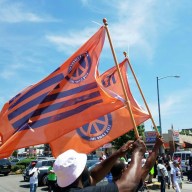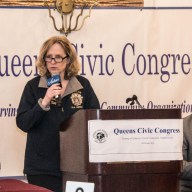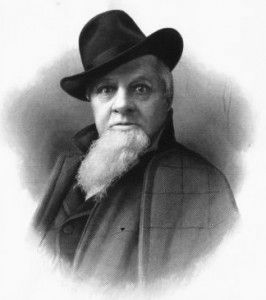The world, as the Queens Library knows it, just got a lot bigger.
The WorldLinQ program, an electronic portal featuring hundreds of foreign language information resources on a variety of subjects in the humanities, has now added the Hebrew language and enhanced its previously existing sources by adding annotations in English.
Since its inception in 1996 with a $500,000 grant from AT&T - the largest that company ever provided for a public library - WorldLinQ has become invaluable for Queens residents that want to maintain a link to their home countries.
According to Joanne King, an associate director at the Queens Library, the impetus for WorldLinQ started with the realization that many library visitors could not access or even search library resources in their native languages, if their language used a non-Roman alphabet such as Hindi or Cyrillic (most western languages, including English, use a Roman alphabet.)
As a result, WorldLinQ relies on staff librarians with expertise in their respective language fields to validate and compile information sources in 14 languages - Arabic, Bengali, Chinese, Croatian, Czech, French, Greek, Hebrew, Italian, Korean, Romanian, Russian, Spanish and Ukrainian.
The validation process is particularly important, since librarians are able to filter out web sites with biased or objectionable content before they are added to WorldLinQ, pointed out King.
Staff members have also noticed that the audience for WorldLinQ has grown outside of its own walls. Nearly all of the current users visit the website from a computer outside of the library. In 2007, WorldLinQ received more than 2.4 million visitors. In January 2008 alone, there were more than 317,000 visits.
Although the library does not officially track which individual websites patrons follow on WorldLinQ due to privacy concerns, it regularly tallies language selections in order to gauge patron usage.
So far this year, the most popular foreign language choices are - Arabic, French, Chinese, Spanish and Czech. Librarians noted that Arabic and French appear to have picked up strong interest lately, but were unsure whether the popularity reflected new immigration patterns within Queens or merely other websites linking to WorldLinQ.































